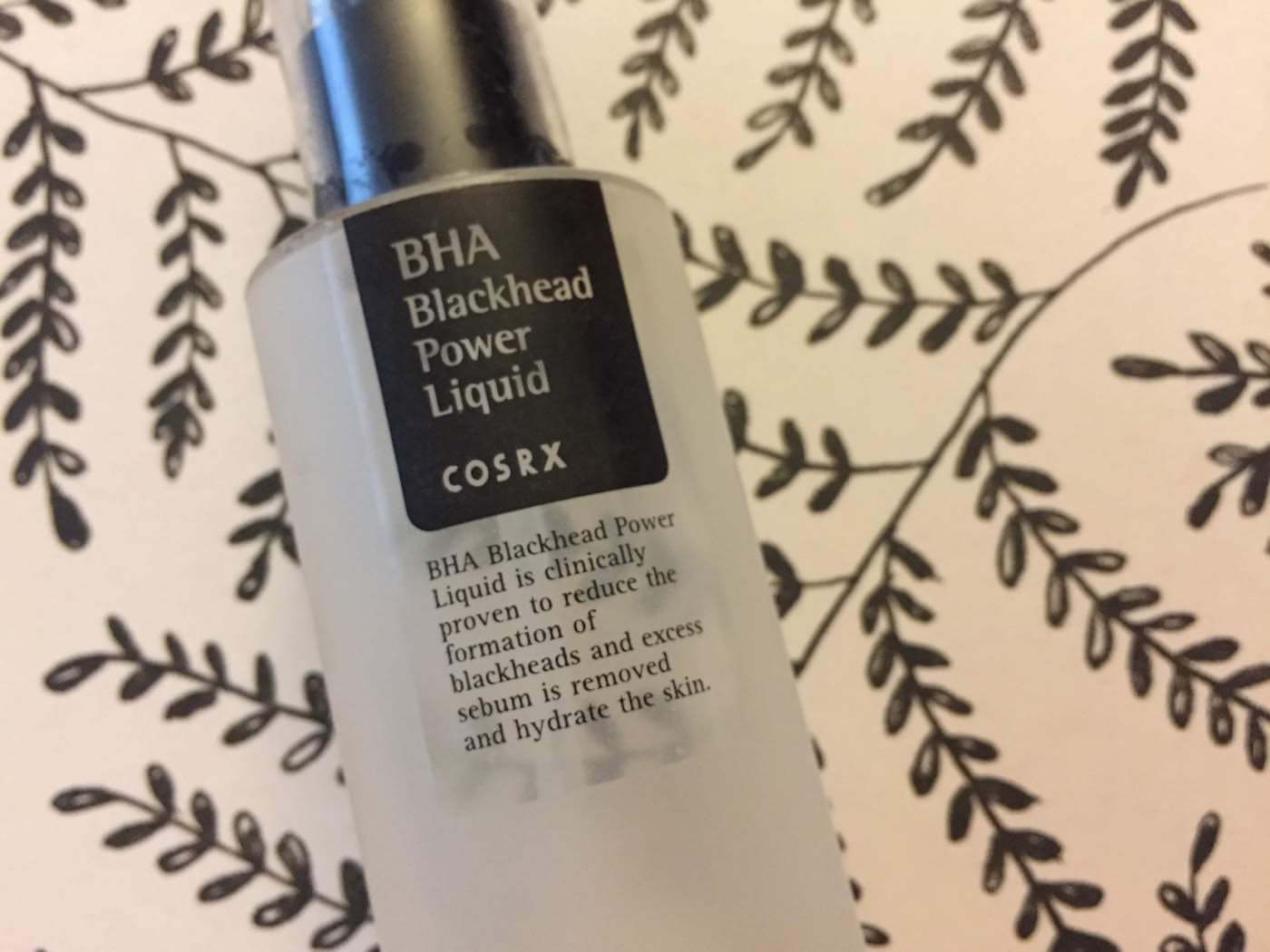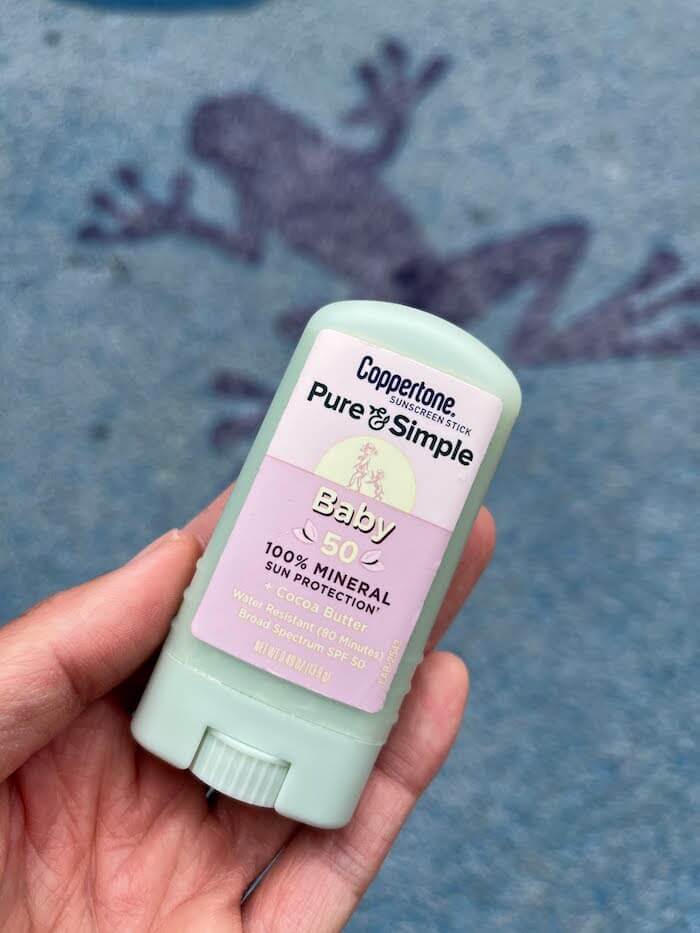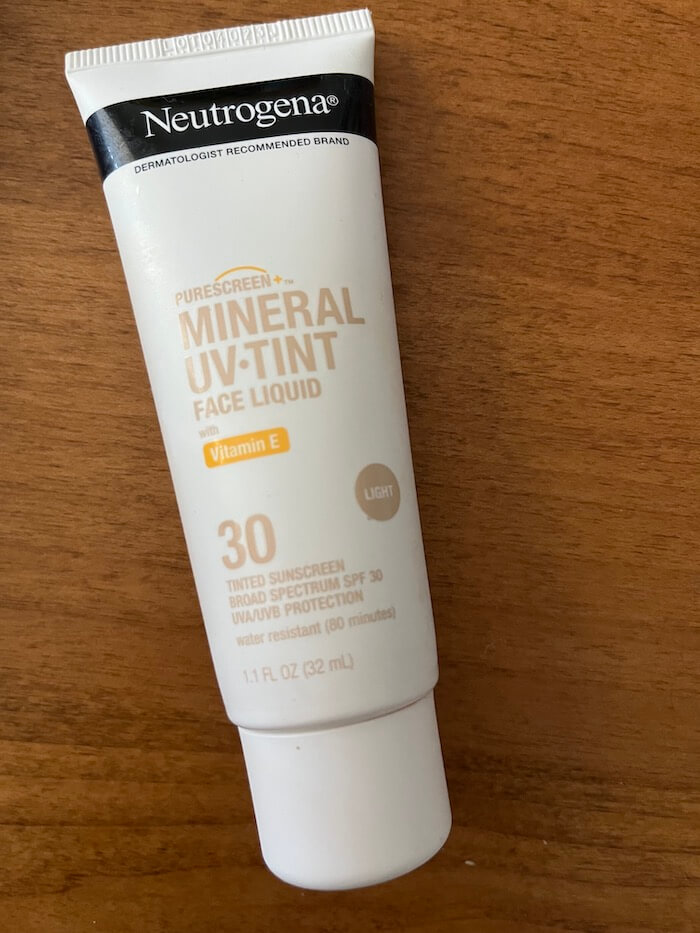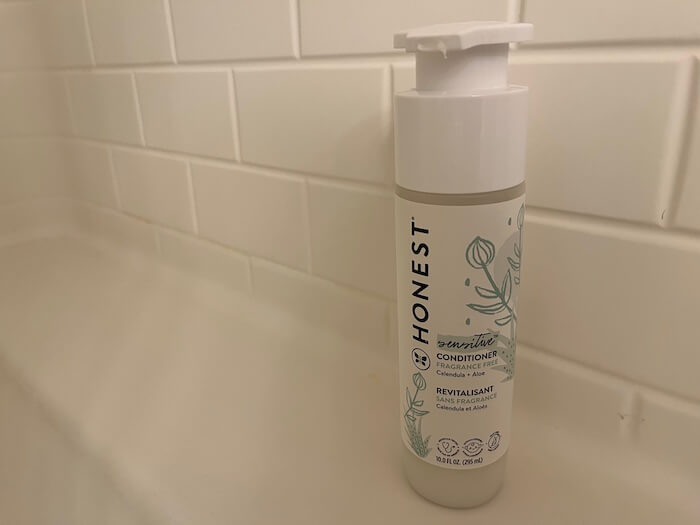What does 'clinically proven' mean when you see it on a skincare product label?
Let's dissect what these two words actually mean when it comes to skincare—is it marketing or is it science?
What makes a skincare product label effective? I think we’ve all come to expect that skincare products will try to sway us with pretty pictures and uplifting words like “brightening” and “soothing.” But it was only recently that I thought to question what it actually means for a skincare product to be “clinically proven.” I see this from time to time on certain labels, and I always thought that it referred to actual clinical trials. But it turns out that I should never assume anything!

I found out the truth from the American Academy of Dermatology, which is actually a pretty great resource for people who can’t make it to an actual dermatologist for whatever reason. It can be a great source of information for skincare lovers. You can even send in a question and a board-certified dermatologist might answer it. The most interesting thing I learned from browsing the AAD website was that even if a product states the words “clinically proven” on its label, it doesn’t mean that the product went through clinical trials/testing or an FDA approval process of any kind. It just indicates that it was tested by consumers. This gem of information appeared here, if you want to read the full article.
Clinically proven != clinical trials
Anyway, this revelation just serves to confirm what I already suspected somewhere in the back of my mind: When it comes to skincare product labels, never assume anything, and always do your research. Of course, this doesn’t necessarily mean that you shouldn’t try a product just because it says it’s “clinically proven”…just don’t attribute too much weight to those words. And conversely, just because a product doesn’t say it has been “clinically proven,” it doesn’t mean that the company didn’t try testing it out at all. In the end, I don’t think it’s a plus or a minus if a product label makes or doesn’t make this claim.
Pictures speak louder than words, so I think that there is a way that companies can make the words “clinically proven” or “clinically tested” more believable. One excellent example is IT Cosmetics CC Cream, which actually shows some of its “clinically tested” results on the product package.
The before and after pictures actually sealed the deal and convinced me to buy it while standing in line at Sephora. I think that IT Cosmetics does a great job of showing, rather than just telling “clinically tested” results, even if those results may not have been documented and submitted to a scientific journal or the FDA or some other source.
TL;DR, I’m not necessarily going to buy a product just because it states that it has been “clinically proven” to produce the results stated on the label—ingredients and online reviews from real people will still be the primary drivers that influence my choice of skincare products.





Share this post
RSS
Facebook
Reddit
Email